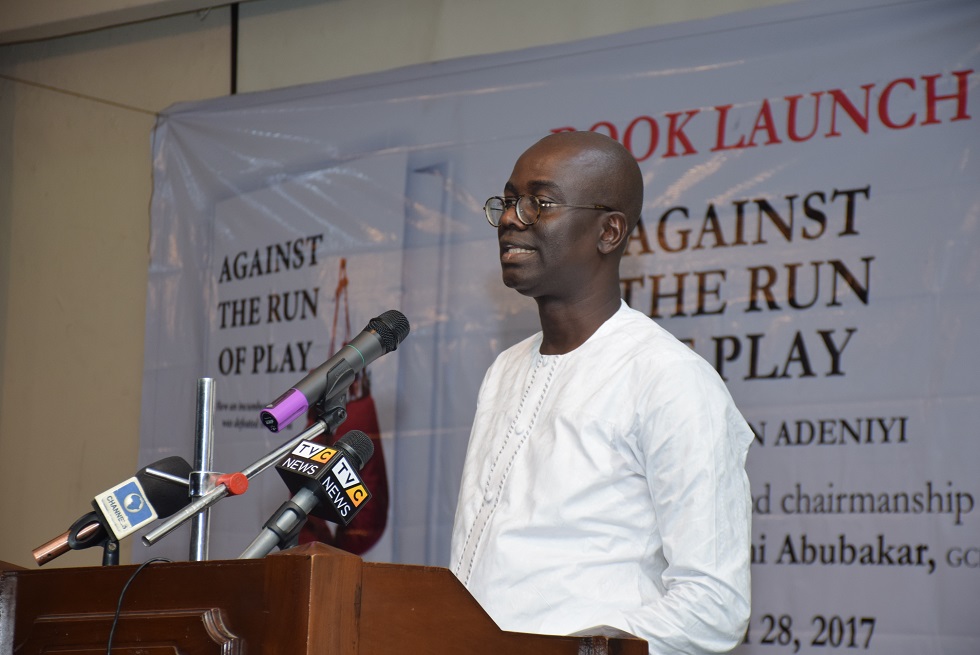Jones Onyereri, a member of the house of representatives, says Nigeria’s problem is not corruption but high interest rates.
Onyereri, who is chairman of the house committee on banking and currency, said this on Friday while fielding questions from journalists on the unhealthy state of commercial banks.
The lawmaker explained that when there is a high interest rate when government takes to domestic borrowing, it introduces an artificial benchmark which makes it difficult to execute project.
He also identified high levels of non-performing loans as one of the problems of commercial banks.
Advertisement
Onyereri said that his committee was working to introduce a bill that would address these irregularities in commercial banks to further strengthen them.
“If you talk about the interest rate, trust me corruption is not our problem, our problem in Nigeria is high interest rate. That is our problem. I have said it to the regulating authorities when you have a high NPR which is the benchmark upon which interest rates are introduced in the banking sector and then the government goes borrowing domestically at very high rates, it introduces an artificial benchmark,” he said.
“In 2009 we had banking crisis due to high levels of non-performing loans, it is also worrisome that at this point in time even after intervention, we still have the non-performing loans and that is why as a committee we have taken upon it upon ourselves – the speaker I believe will be signing on our amendment on banks and other financial institution Act today which will come up as first reading in the house
Advertisement
“I believe that will change everything in the banking sector, because it doesn’t make sense when you have insider abuse because that his the crux of why we have this high level of non-performing loans in banks and we need to put a stop to it.
“When the amendment is fully passed I am not sure anybody in the banking sector – be you a director or whatever, even an MD will have cause to borrow a kobo from any bank without paying back and there is a limit to which you can borrow.
“For instance if the treasury bill goes for 18 percent, what you saying in fact is that the benchmark starts from 18 percent because the banks will now be compelled to add their cost of funds, and by the time you add all those things, you will be having up to 20 or 30 percent.
“If in the fiscal responsibility Act that contractors are allowed a leverage to make a 30 percent profit and then you borrow money at 30 percent what that means that from the first day you assign any contract it was billed to fail.
Advertisement
“Because the person ultimately is expected to make profit, a retain on investment, the person may give a 100 percent profit margin. If a 100 percent margin contract is placed where will the government execute that.
“That is why they collect money and run away with money, so we need to sit back and tell ourselves the truth. In all other climes what adds to GDP is SME. Nigerians are intelligent and creative. The point is, is there any credit assessibility, what is the cost of funds? No body is borrowing, nobody is working. That Is why we are in a recession. Because recession is purely lack of production.”






